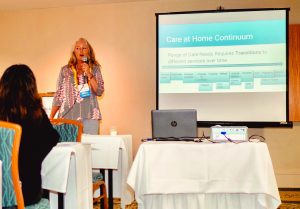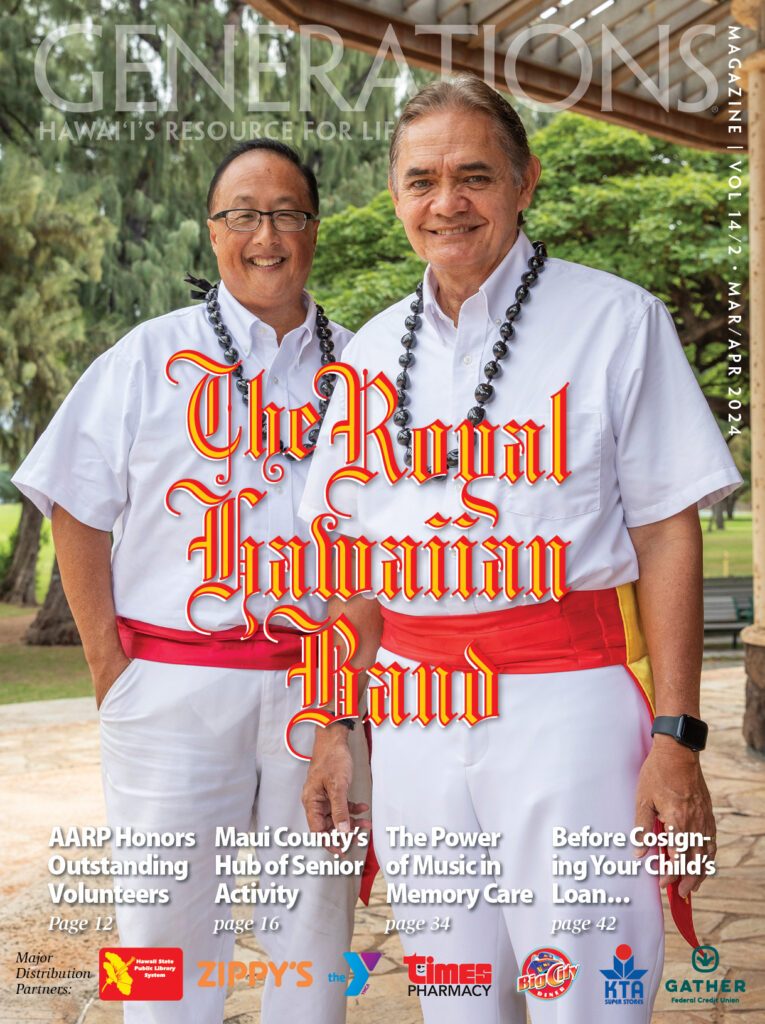Today, more seniors are receiving care in their homes for medical conditions. Many receive it following a hospitalization or discharge from a rehabilitation center and have complex needs. Seniors who require them may have difficulties adjusting to their care and can benefit from transitional care during this period.
Falling through the cracks
Transitional care calls for a range of actions to avoid “gaps,” especially for older adults who are more vulnerable, in care. Seniors cared for by multiple providers, located across different settings, can often have more serious care needs and health risks. Examples can include movement to or from a hospitalization, rehabilitation or skilled nursing facility, care home, assisted living facility, doctor’s office, or an individual’s home. During these moves, a loss of information, educational or language barriers, poor communication, or not having a reliable point of contact, are some of the ways individuals can fall through the cracks trying to maintain their care.
“It’s more common now to see seniors discharged from one care setting to another, with more severe or chronic conditions that have a cumulative effect on their health. This makes the timeliness of care even more vital for them,” says Kari Wheeling, RN.
“To avoid care gaps from happening, greater attention is needed on the details involved as seniors move through different care settings. The focus on coordination and continuity of health care between providers becomes even more critical, to avoid relapses or re admissions,” adds Wheeling.
The important role of family caregivers
As family caregivers are likely in the most important role for seniors after a serious illness, more interaction is needed with whomever is the decision-maker about treatment plans and the details that go with them. More family caregivers are getting directly involved in this way with hospitalization or rehabilitation logistics, out of necessity, and should ask providers questions to learn more about transitional care and the different roles involved on their case.
Having the right knowledge helps
Family care planners should also screen and ensure caregivers have the right knowledge, skills and resources needed to safely care for someone, and know what to do when their care setting changes. They should know what information about an individual’s care is transferred between care settings, how it’s exchanged, and what level of accountability is needed from everyone’s actions involved in this process.
With the heightened awareness and attention going into transitional care for seniors, family caregivers may also be more stressed as a result, and have difficulty with the decisions and choices needing to be made. Discharge planners, nurses and social workers can work with family members and caregivers to help support their loved ones and be better ready for the next steps.
Development Specialist Sebastian Adam adds, “Transitional care is like teaching others how to hand off a spoon of water between 10 people and not lose a single drop. Good hand-offs matter. Our senior is that water.”
ATTENTION PLUS CARE HOME HEALTHCARE
Accredited by The Joint Commission
1580 Makaloa St., Ste. 1060, Honolulu HI 96814
808-739-2811 | www.attentionplus.com
AGING IN HAWAII EDUCATIONAL OUTREACH PROGRAM by Attention Plus Care — a program to provide resources for seniors and their families, instructed by a registered nurse, who covers a different aging topic each month. For more information on Transitional Care and free
community workshops on Aging in Hawai‘i hosted by
Attention Plus Care, call 808-440-9356.


